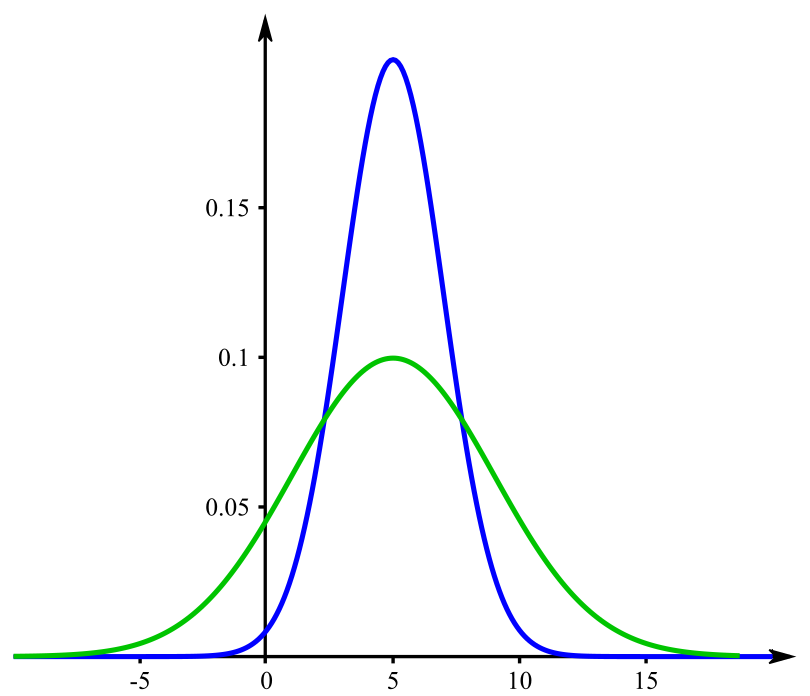What I hate about being a woman in computer science is not because of the constant discrimination in the field, the passive oversight, or being part of such a small group. I know that especially in recent years, the Women in STEM movement has taken off with great success—and to relevance with computer science, the Girls Who Code was so publicized that there was even a local chapter at my high school.
What sucks about being a woman in STEM is your own intelligence.
Of course, it’s very difficult to be at the top of one’s field, and I’m sure for the women who are at the top of their fields—they still have overlapping experiences with what the average girl faces in school and in the workplace; hence the “women in STEM” experience. However, being the middle of the pack comes with its own can of worms.
In my opinion, the perks of being male is that gender is never a second thought when it comes to obstacles. Does being a guy make it tougher to be in STEM? According to admissions statistics, twice as many male applicants apply to MIT compared to female applicants. During my application process, many people claimed that it is “twice as easy for a girl to get into MIT than a boy.” And the common conclusion that follows: “therefore being a woman in STEM is helpful.” But this is like saying that white people face discrimination because it is harder to stand out against other prominent white figures throughout history. The flaw in such arguments like MIT admissions come from the fact that people emphasize the unjustness of accepting unqualified women over the rejection of qualified men. And the competition is further blamed on the minority. Any successes that girls have in STEM are tied to sex, but even worse, any shortcomings are, too.
In reality, the “middle of the pack” is so broad that the “qualified men” are not so different from “unqualified women.” At least, not enough to make a profound difference.
How many future Steve Jobs or Mark Zuckerbergs are rejected from MIT, anyways?
Of course, at this point in history, the highest-achieving men are more in number, more appraised, more well-known. High-achieving women are few and far between. But what about the middle of the pack? With the well-known Variability hypothesis, it should at least convince people that the average intelligence is basically the same between the sexes.
 Wikipedia: Variability Hypothesis
Wikipedia: Variability Hypothesis
This graph is highly debatable. It almost feels as if is by every law of nature that there are bounds placed to how well women can perform. But it shouldn’t. “Oh, but our job is to accept the cream of the crop, the 1% of the 1%… so it makes sense that there are more men at the top.” But in reality, most who are against the graph and/or those to argue the “cream of the crop” claim aren’t even close to the higher end of the spectrum (as per a normal distribution). There are simply not enough people at the extreme ends, and there are simply too many people who are average, hard workers, and there are always more than enough spots at top universities, top job openings, top anything—-to accept at least some number of average, hardworking men and women in addition to the very talented few. But this last fact is almost always ignored. And so biases continue.
I am not at the higher end of the spectrum. And it sucks.
Every time I am mansplained in STEM, I get a queasy feeling. Why am I hearing this? Will they ever believe that I already know this, will they give me a chance to speak?
Then again, every now and then, I meet a guy who is objectively smarter than me, who can solve problems that I haven’t even dreamed of—and everything sinks. It feels that by being unintelligent, I am only contributing to the overall reputation of women in STEM as an unintelligent mass that is only striving to do better.
And back to the problem: with being the minority, every action you make is representative of your group.
Average men do not have this problem. No matter what they do, their mistakes aren’t inherently linked to the fact that they are male. It’s tied to the individual’s performance. But when average women of similar intelligence make the same dumb mistakes—boom, women are dumb.
And this is why the Women in STEM movement is so difficult to uphold. While I support the cause, I have never been a face in an organization; by being in the movement, individuals represent women based on their own skills and specs in STEM, and as someone who has felt my limits in intelligence, it would only be insulting to the sex as a whole for me to expose what I have to show.
My dumb mistakes are because of me, not because of my sex. But it is hard to prove this when biases are hidden, passive, unacknowledged, and denied.
Revised 6-1-2025
References
https://cs.brown.edu/courses/cs1951i/hicksSexismIsAFeature.pdf
https://en.wikipedia.org/wiki/Variability_hypothesis
https://www.mindingthecampus.org/2024/02/12/why-fairadmissionsmit-is-challenging-mits-illegal-sex-discrimination/